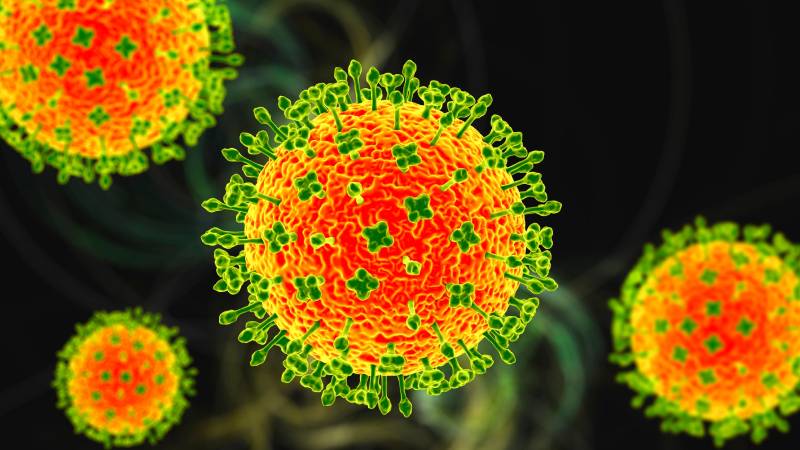Healthcare authorities in China are observing the spread of another infection that has been tracked down in a couple dozen people.
The Centers for Disease Control (CDC) in Taiwan on Sunday revealed that it was observing new improvements encompassing an original sickness known as Langya henipavirus (LayV), which was first identified in late 2018.
Up until this point, the middle said, 35 people in China have tried positive lately, Focus Taiwan announced.
The cases have been accounted for out of the regions of Shandong and Henan, what share a line and are situated in upper east China. The Taiwan CDC promised that it will start creating strategies for following the Langya infection and sequencing its genome, with the last option expected to be prepared soon.
The cases have been accounted for out of the regions of Shandong and Henan, what share a boundary and are situated in upper east China. The Taiwan CDC promised that it will start creating methodology for following the Langya infection and sequencing its genome, with the last option expected to be prepared soon.
Authorities additionally mean to work with the Council of Agriculture to decide whether the infection is tracked down in animals local to Henan and Shandong.
Taiwan CDC Deputy Director-General Chuang Jen-Hsiang explained that in all but nine of the documented cases, patients were only infected with the Langya virus. Typical symptoms have included fever, fatigue, a cough, loss of appetite, muscle pain, nausea, headache and vomiting. In more severe cases, patients have shown a decrease in white blood cells, low platelet counts, liver failure and kidney failure. No deaths have been reported so far.
The henipavirus family, to which this new strain belongs, are classed as biosafety Level 4 viruses, according to the World Health Organization (WHO), and can have fatality rates ranging from 40 to 75 percent. As the Global Times noted, this is well above the fatality rates common for coronaviruses, the family of viruses to which COVID-19 belongs.
There are currently no vaccines for henipaviruses. The only treatment that doctors and medical professionals can provide is supportive care for the various symptoms.

